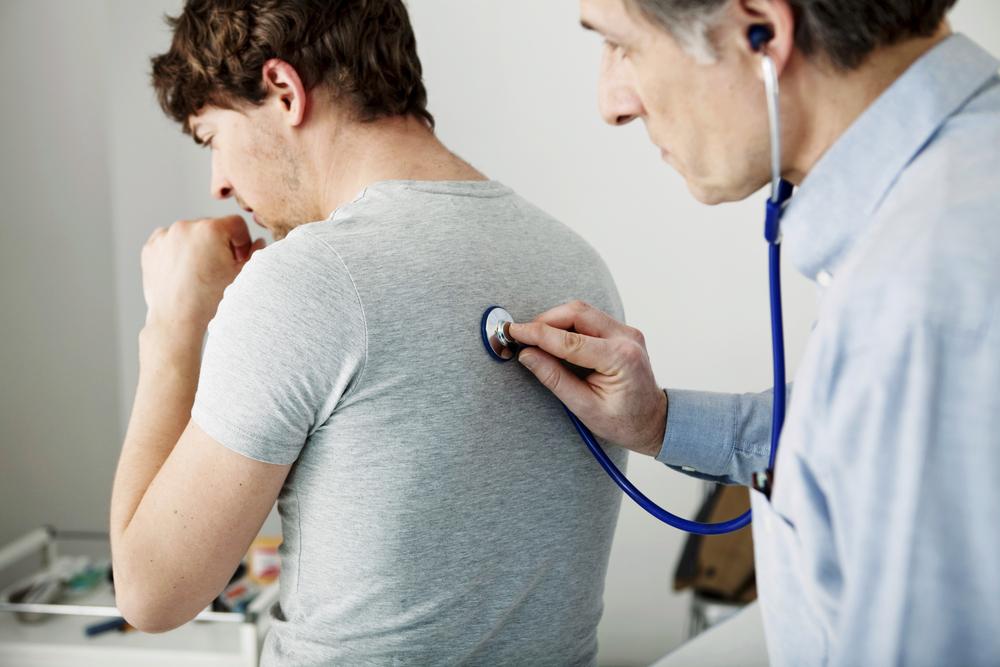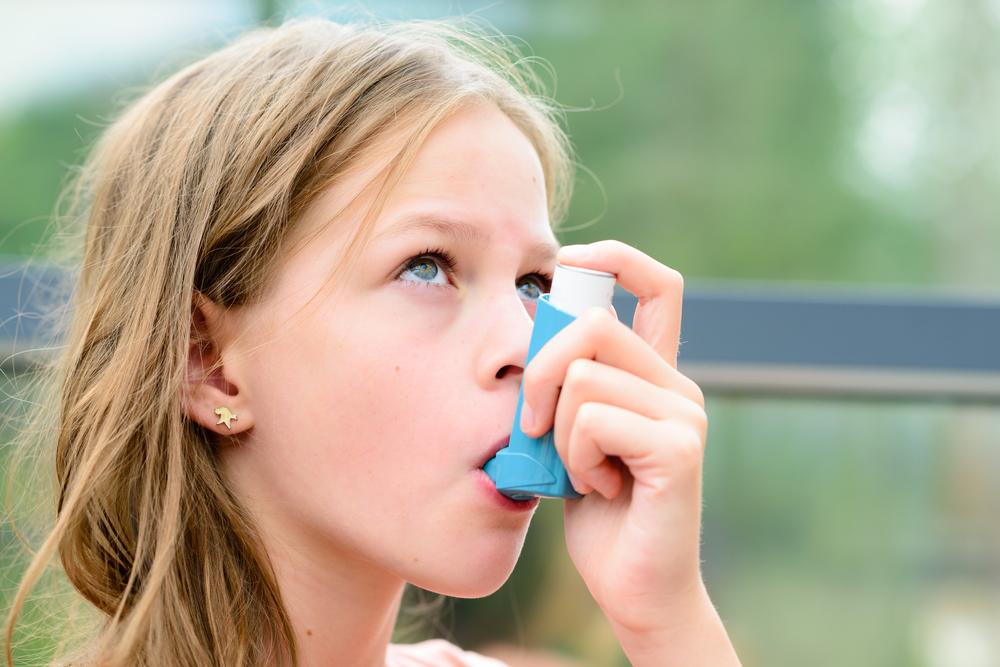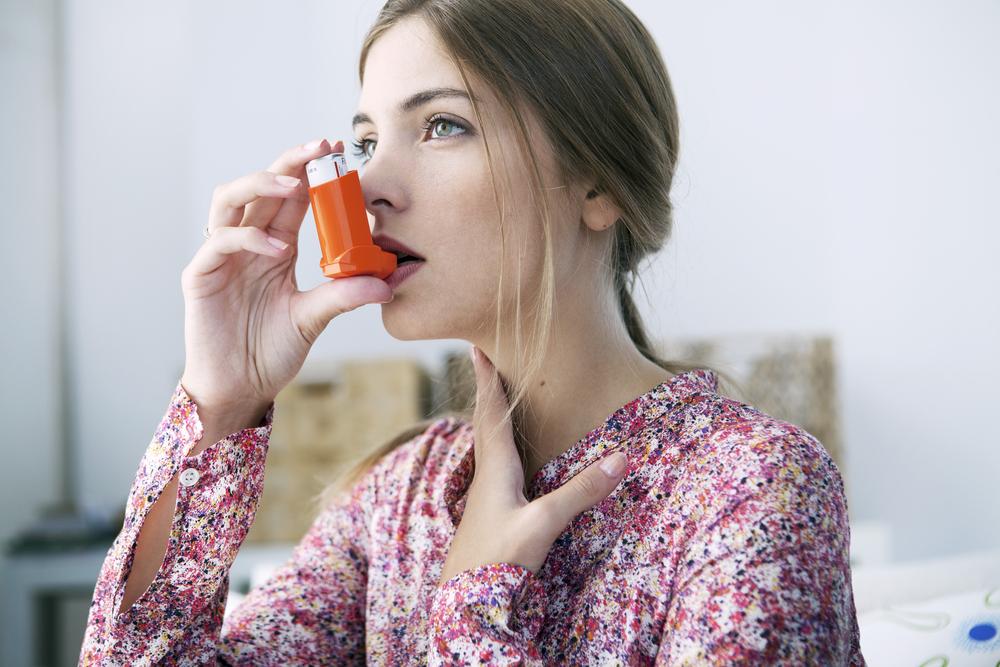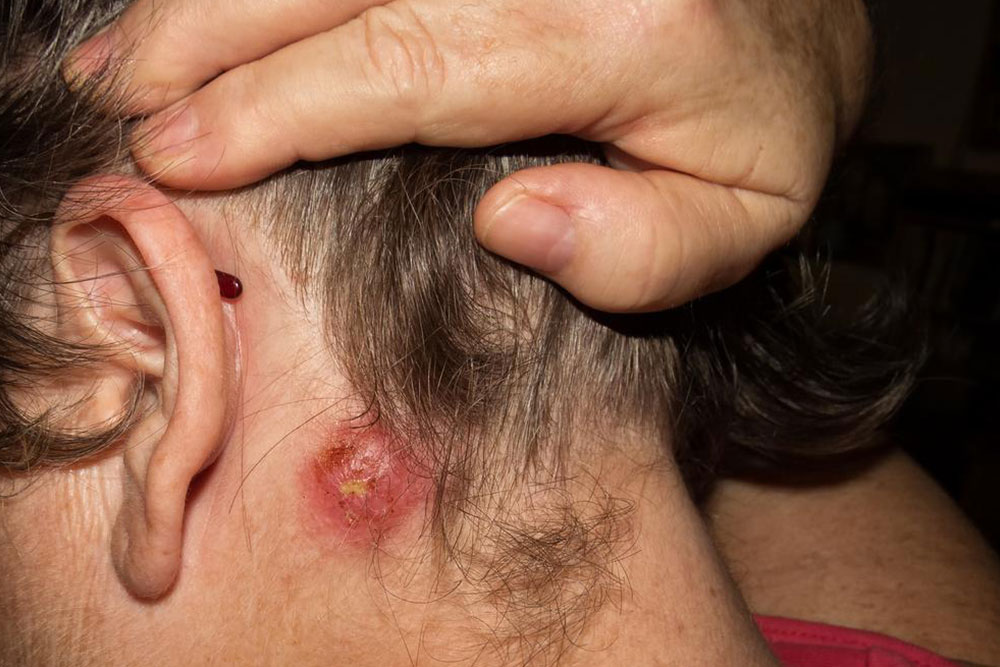Recognizing and Managing Asthma Signs and Symptoms
Learn to identify the key symptoms of asthma such as wheezing, chest tightness, and coughing. This guide highlights the importance of accurate diagnosis, triggers, and emergency management to maintain health and prevent severe attacks. Regular medical consultation is vital for personalized treatment.

Recognizing and Managing Asthma Signs and Symptoms
Individuals with asthma often experience recurring bronchial spasms that hinder normal breathing. Interestingly, asthma is frequently linked to allergic reactions or hypersensitivity. Emotional stress, laughter, crying, or shouting can also trigger breathing difficulties. If you notice breathing problems, consulting an allergist is essential. An allergist can identify early warning signs and recommend emergency coping strategies. Asthma symptoms vary among individuals, but common signs include wheezing, chest tightness, shortness of breath, and persistent cough—especially at night or early mornings. Accurate diagnosis involves lung function tests, physical exams, and medical history review.
Experts emphasize that asthma symptoms and treatment plans differ from person to person. Besides wheezing, symptoms include rapid breathing, chest pressure, and stubborn coughing. Certain conditions, such as exercise, workplace irritants, or allergens like pollen and pet dander, can worsen symptoms. Severe attacks require immediate medical attention, as they can be life-threatening. Monitoring symptoms closely and seeking prompt medical care ensures effective management. Regular consultation with healthcare professionals aids in tailoring treatments and preventing emergencies.
Note:
The information provided in this article about asthma symptoms and treatments is for educational purposes only. It should not replace professional medical advice. Always consult licensed healthcare providers for proper diagnosis and treatment options. Use this information responsibly and do not self-diagnose or Self-treat based on this content.










